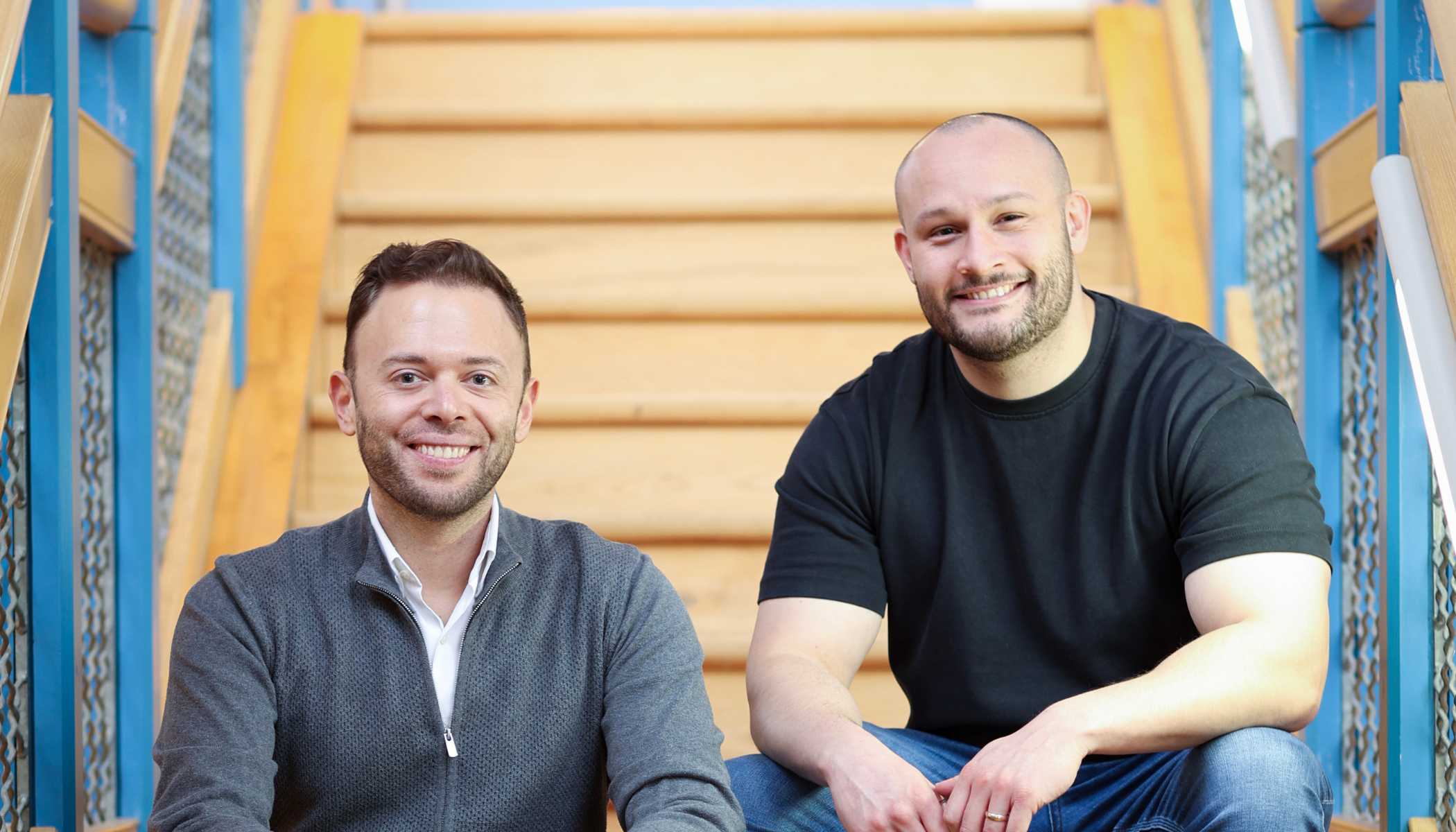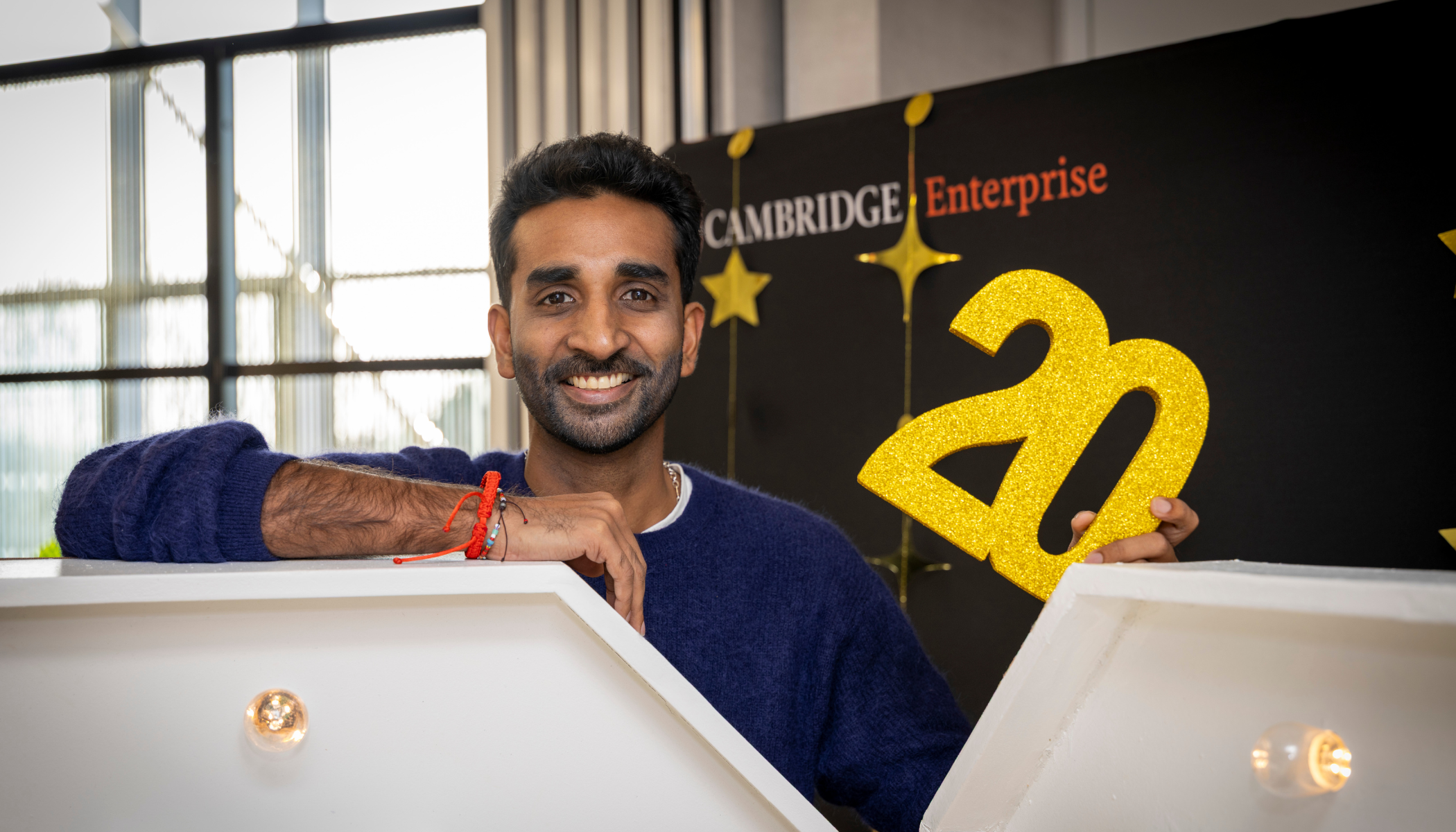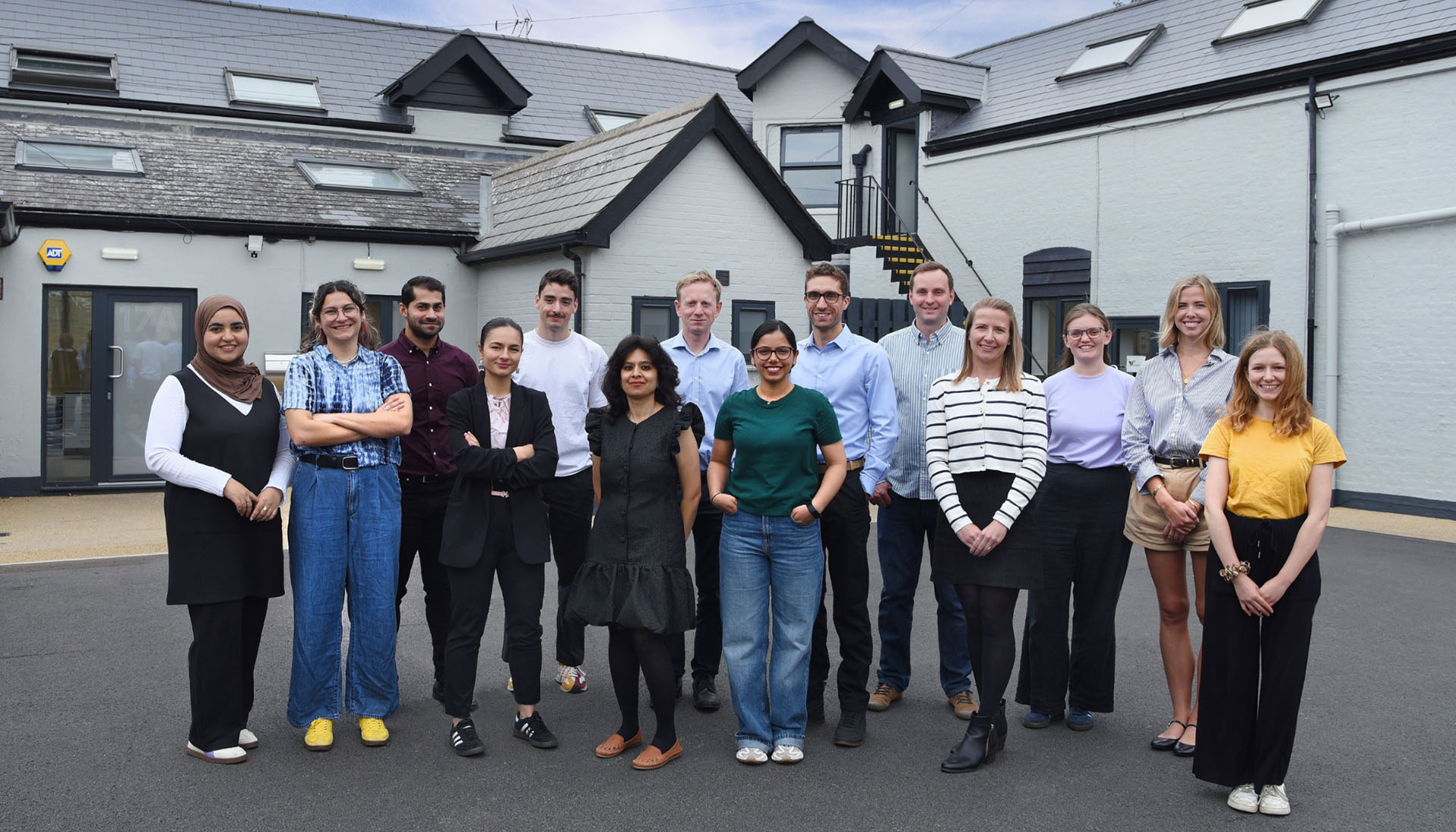Cambridge Enterprise and the University of Cambridge Enterprise Fund, managed by Parkwalk, have invested £500k in Polypharmakos Limited, a spin-out from the University of Cambridge and the Royal Botanic Gardens, Kew.
Polypharmakos’s mission is to screen natural-product sources of plant, fungal and insect origin for antimicrobially active substances with novel mechanisms of action and to develop them to address the emerging global antimicrobial resistance (AMR) crisis. Founded in 2016 by Dr John Normanton and Mr Tom Sopwith of ArgantriX Ltd., Polypharmakos arose from discussions with Prof Duncan Maskell (Marks & Spencer Professor of Farm Animal Health, Food Science and Food Safety) and Prof Monique Simmonds (Deputy Director of Science, Royal Botanic Gardens, Kew).
The Company undertook a small Cambridge Enterprise-funded pilot screening exercise in 2016 in conjunction with the teams of Prof Clare Bryant (University of Cambridge, Professor of Innate Immunity) and Dr Mark Holmes (University of Cambridge, Reader in Microbial Genomics and Veterinary Science). The project revealed a number of active substances in a small sample of intelligently selected extracts, indicating that the Kew collections should be an ideal starting source for new antimicrobials. In addition, the Company received pilot project funding from Swansea University and Swansea Innovations for the structural characterisation of Seraticin®, a maggot-derived, small molecular weight, broad spectrum antimicrobial.
Dr John Normanton, CEO of Polypharmakos, said: “We are delighted to have closed the funding round with Cambridge Enterprise and the University of Cambridge Enterprise Fund. The funding will launch the Company into full operation and begin this exciting venture with core collaborations with Cambridge and RBG Kew. Coupling the synergistic expertise within RBG Kew in the selection and characterisation of medicinal leads from natural products in its collections with the skills of the University of Cambridge team in antibacterial modes of action and modulation of innate immunity will open an exciting new chapter in the hunt for new drugs useful against AMR pathogens”.
Prof Monique Simmonds, RBG Kew, commented: “Funding from Polypharmakos provides Kew with an exciting opportunity to work with scientists at Cambridge to re-evaluate plant and fungal diversity for new antibiotic leads to support human and animal health. The project utilises our increased knowledge about plant and fungal chemistry as well as targets for new drugs”.
Dr Gerry Ronan, Managing Director of Swansea Innovations and Head of Commercial Services at Swansea University, commented: “We are of course delighted that Polypharmakos has secured this funding. This is a timely endeavour and one that greatly benefits from such a consortium of expertise”.
Dr David Holbrook, Investment Manager (Life Sciences) at Cambridge Enterprise Seed Funds, said: “This important search for antimicrobials marries the expertise of the University of Cambridge in understanding pathogens with the botanical knowledge and collections of RBG Kew. Cambridge Enterprise is proud to invest in and help grow this exciting company”.
Moray Wright, Partner of Parkwalk, said: “We are delighted to close this investment on behalf of the University of Cambridge Enterprise Fund. Global antimicrobial resistance is a huge issue that needs addressing, and we believe Polypharmakos represents an extremely exciting opportunity to discover novel antimicrobials”.
Photo: RGB Kew











